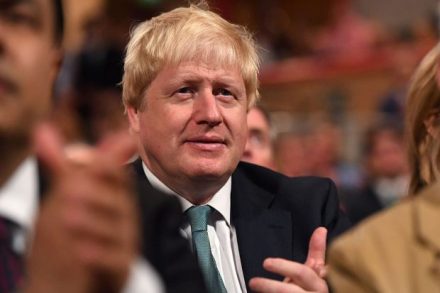Boris’s Royal Yacht obsession shows his weakness for vanity projects
I would like to think that the lack of obvious progress on negotiating a post-Brexit deal with the EU is, as Theresa May said this week, part of a strategy – that there is a lot going on behind the scenes but it is not in our interests for the Government to give a ‘running commentary’ on it. But listening to the foreign secretary speaking before the Commons foreign affairs committee I am beginning to wonder. Maybe, actually nothing is going on. Top of Boris’s ‘to do’ list, it seems, is not securing trade deals with the world beyond the EU. It is securing himself a royal yacht on which


















